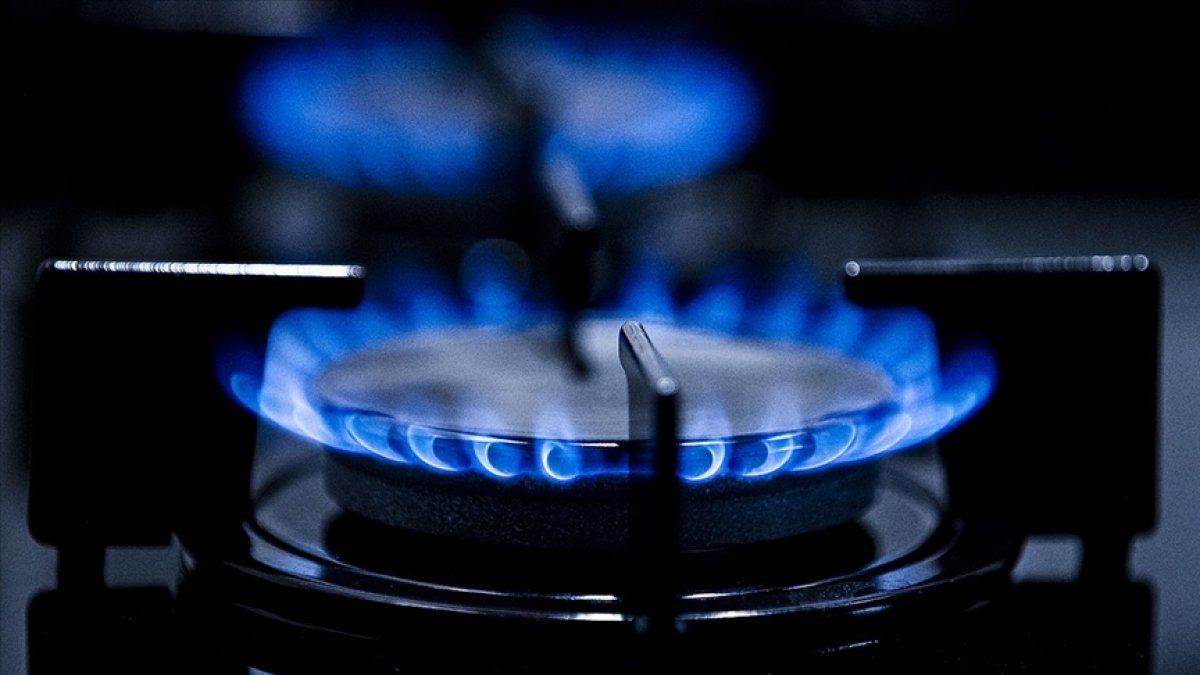
Azerbaijan has plugged the gap in natural gas supplies following the halt in gas flow from Iran, with additional supplies of 4 to 5 million cubic meters per day to Turkey from the beginning of February, Fatih Dönmez, the minister of Energy and Natural Resources, confirmed on Wednesday, Feb. 09.
Azerbaijan had been distributing 7 million cubic meters of gas per day but added the extra reserves as gas supplies from Iran are not yet at the expected level, Dönmez explained.
REDUCTION IN GAS POWER
Iran halted natural gas flow to Turkey on Jan. 20 for ten days due to technical problems at the Gürbülak gas entry point on the Turkey-Iran border.
In response and to ensure an equitable supply-demand balance, Turkey’s state pipeline operator BOTAŞ implemented a 40% reduction in gas power to its industrial consumers and later lowered it to 20%. These restrictions were terminated on Feb. 8 at 08.00 local time.

TURKEY’S GAS IMPORTS
Turkey currently imports 44 million cubic meters of gas per day via the TurkStream pipeline, 47 million cubic meters per day via Blue Stream, and the Trans Anatolian Natural Gas Pipeline transmits 17.3 million cubic meters of gas at full capacity per day.
The country’s storage facilities also play a major role in ensuring sufficient gas supplies. The Tuz Gölü Underground Natural Gas Storage Facility currently transmits 30 million cubic meters of gas per day to the grid, while the Silivri Underground Natural Gas Storage Facility transmits 15 million cubic meters of gas per day.
Turkey also receives 38 million cubic meters of gas per day from the Egegaz Aliağa Liquefied Natural Gas (LNG) terminal, 35 million daily from the Marmara Ereğlisi LNG terminal, 20 million daily from the Ertuğrul Gazi Floating Storage Regasification Unit (FSRU) facility, and 25 million cubic meters of gas per day from the Aktif Liman FSRU facility.
Thus, in total, Turkey has an average daily natural gas input capacity of over 280 million cubic meters.












